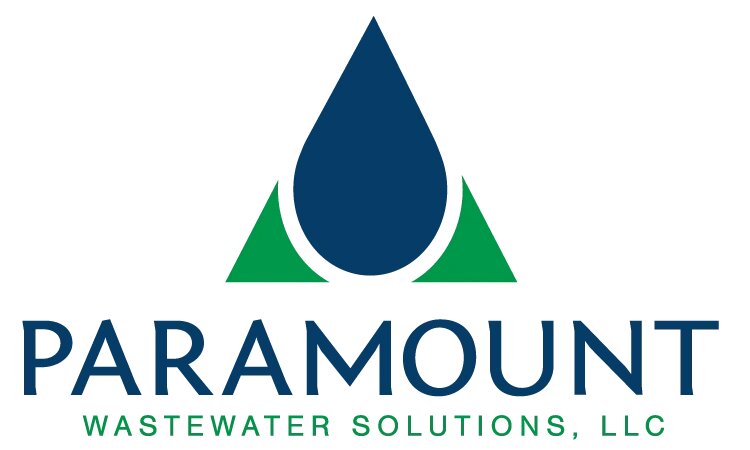Grease Trap
Pumping & Cleaning in Texas

Grease Trap Cleaning Services
Grease Trap Pumping &
Cleaning
Grease Trap Problems
Pumping & Cleaning
Cleaning
The grease trap cleaning or pumping frequency can range from biweekly, monthly, quarterly, or annually. Much of this depends on the volume of the establishment and size of the grease trap. It is essential to assure that the level of grease in the trap will not become a threat to entering the main lines of the city wastewater infrastructure or septic system as applicable.
It is our experience that the small grease traps inside may need cleaning every month. Cleaning the grease trap frequently can also reduce odors. For exterior grease traps (or interceptors), the general rule is that they should be pumped or cleaned out every 90 days (quarterly) or four times a year. Some establishments may require more frequent pumping due to excess grease build‑up, undersized grease trap, or sewer odors.
The cost for grease trap pumping depends on a couple of factors – size, location, and access being the main factors. If you are not currently set up on a regularly scheduled service, call us today at (254) 791‑0303 to set up a maintenance cleaning schedule. It is always more expensive to have the grease trap pumped or cleaned on an emergency or after hour basis.
As well, in the State of Texas, routinely scheduled maintenance (like pumping) on grease traps is not a taxable sale. If emergency pumping is required because the grease trap requires repair, the pumping expense is a taxable sale. We are committed to maintaining scheduled pumping to best meet the needs of each grease trap/interceptor. While we strive to provide efficient service, it is not uncommon for our industry to charge a fuel surcharge or trip charge.
If you need your grease trap pumped, we can help! Grease traps were designed to prevent the high volume of fats, oils, and grease (FOG) at commercial eating establishments from clogging up main sewer lines that flow to wastewater treatment facilities. The more volume of fats, oils, and grease that enter the treatment plants, the more costly it is for your water district to treat before final discharge.
Some municipalities dictate the frequency of grease trap cleaning and require that documentation be maintained on‑site as well as submitted to them. We can assist with these documentation requirements to assure that your facility is compliant.
